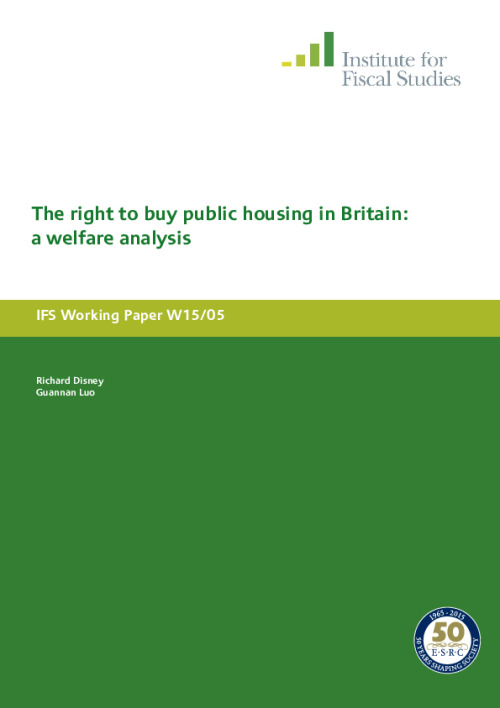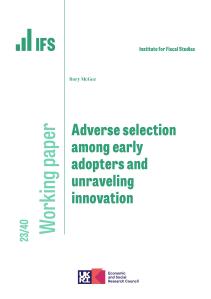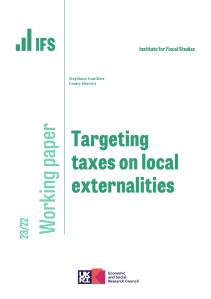We investigate the impact on social welfare of the UK policy introduced in 1980 by which public housing tenants (council housing in UK parlance) had the right to purchase their houses at heavily discounted prices. This was known as the Right to Buy (RTB) policy. Although this internationally-unique policy was the largest source of public privatization revenue in the UK and raised home ownership as a share of housing tenure by around 15 percentage points, the policy has been little analyzed by economists. We analyze the equilibrium housing policy of the public authority in terms of quality and quantity of publicly provided housing both in the absence and presence of a RTB policy. We examine the incentives to purchase using RTB for households with different wealth trajectories and differing qualities of public housing. We investigate the welfare effects of various adjustments to the policy, in particular (i) tighter restrictions on resale; (ii) reduced discounts on RTB sales; and (iii) returning the proceeds from RTB sale to local authorities to replace part of the public properties sold.











